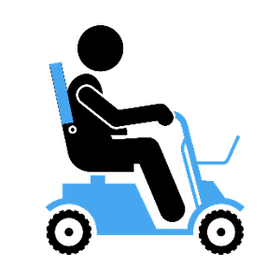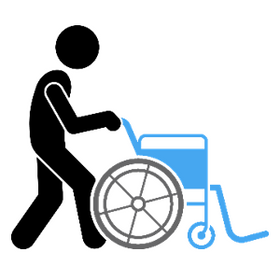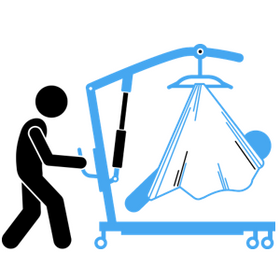March 17, 2024
Lisa Schneider
Latest News in Personal Mobility Solutions
Personal mobility solutions have been rapidly evolving in recent years, with advancements in technology and changing consumer preferences driving the industry forward. From electric scooters to self-driving cars, the latest news in personal mobility solutions is shaping the way we move and commute.
One of the biggest trends in personal mobility solutions is the rise of electric vehicles. With concerns over climate change and the need for sustainable transportation, electric vehicles have become increasingly popular. In fact, according to a report by Bloomberg New Energy Finance, electric vehicles are expected to make up 57% of global passenger car sales by 2040.
This trend is evident in the recent surge of electric scooter companies such as Lime and Bird. These dockless electric scooters have become a popular mode of transportation in cities around the world, offering a convenient and eco-friendly alternative to cars and public transportation. However, the rise of electric scooters has also sparked debates over safety and regulations, with some cities banning them due to concerns over accidents and sidewalk clutter.
Another major development in personal mobility solutions is the advancement of self-driving cars. Companies like Tesla, Google, and Uber have been investing heavily in autonomous vehicle technology, with the goal of making transportation safer and more efficient. In 2018, Waymo, a subsidiary of Google, launched the world's first commercial self-driving car service in Phoenix, Arizona. This marked a major milestone in the development of self-driving technology and has the potential to revolutionize the way we travel.
In addition to electric vehicles and self-driving cars, there has also been a rise in the popularity of bike-sharing programs. These programs allow users to rent bikes for short periods of time, providing a convenient and affordable way to get around cities. Companies like Mobike and Ofo have expanded their services to cities all over the world, making it easier for people to incorporate biking into their daily commute.
The personal mobility industry has also seen a shift towards more personalized and on-demand services. Ride-hailing apps like Uber and Lyft have become a popular alternative to traditional taxis, offering users the convenience of booking a ride with just a few taps on their smartphones. These apps have also expanded their services to include options like carpooling and electric bikes, catering to the growing demand for sustainable transportation.
In addition to these developments, personal mobility solutions have also been impacted by the COVID-19 pandemic. With the fear of using public transportation and the need for social distancing, there has been a surge in the use of personal mobility options. Bike sales have increased, and cities have implemented measures to promote walking and biking as a safe mode of transportation.
However, the pandemic has also brought challenges to the personal mobility industry. With people staying at home and travel restrictions in place, companies like Uber and Lyft have seen a significant decrease in demand for their services. This has led to layoffs and financial struggles for these companies, highlighting the need for adaptability and resilience in the industry.
Looking towards the future, personal mobility solutions are expected to continue to evolve and innovate. The rise of electric and autonomous vehicles, along with the increasing demand for sustainable transportation, will likely shape the industry in the coming years. As technology advances and consumer preferences change, it will be interesting to see how personal mobility solutions will continue to transform the way we move and commute.













 Book a Phone Call
Book a Phone Call